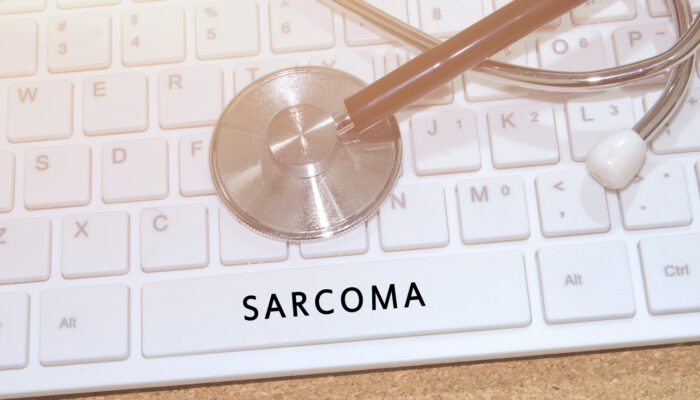
6 Foods to Help Reduce Menopause Symptoms
Menopause occurs when women experience a full cessation of menstruation for a period of 12 months or more. Perimenopause is a natural transition as the menstrual cycle eventually ends. It’s characterized as the gradual depletion of female hormones (estrogen and progesterone) and accompanied by hormonal changes that can trigger several symptoms, including hot flashes, mood swings and irritability, weight gain, fatigue, anxiety, vaginal dryness, sleep and memory problems, decreased sex drive, and more.
Luckily, making dietary changes and eating the following foods can help alleviate many menopausal symptoms naturally:
1. Flaxseeds
Flaxseeds are one of the best menopause-friendly foods you should include in your dietary plan. The seeds are rich in fiber and protein, which can help balance your blood sugar levels in the morning. They are a perfect source of phytoestrogens and contain omega-3 fatty acids that support brain, heart, and skin health.
2. Broccoli
Cruciferous veggies are excellent food types menopausal women should consider adding to their diet plan. Broccoli, in particular, can positively impact a woman’s levels of estrogen. It can lower the estrogen level associated with increasing the severe symptoms of menopause. This type of veggie is rich in calcium to strengthen your bones and improve fiber levels to protect you from weight gain and bloating.
3. Blueberries and other dark berries
Some types of berries act as nutritional anti-inflammatory powerhouses. Blueberries and other dark berries, like raspberries, blackberries, cherries, and strawberries, not only reduce blood pressure but also help support brain health. During menopause, estrogen’s cardioprotective benefits are lost. That makes menopausal women more susceptible to cardiovascular diseases. Berries have robust antioxidant features and help women maintain a healthy heart during menopause.
4. Spinach and kale
Good healthy carbohydrates like spinach and kale can supply estrogen and other hormones with plenty of crucial plant nutrients. They can help the liver to detoxify excess hormones effectively. These healthy carbohydrates support healthy estrogen levels to reduce the risks of cancer and other chronic illnesses in postmenopausal women. They are packed with minerals and vitamins, antioxidants, and fiber, all of which are essential for menopausal women. These nutrients can help prevent weight gain, regulate moods and energy levels, and more.
5. Yogurt
Dairy products are rich in protein, calcium, and vitamin D, which can help menopausal women achieve quality sleep. Yogurt, in particular, contains probiotics that can help women have a healthier gut to boost better immunity, digestion, and skin health. It can strengthen your bones and help relieve menopause symptoms.
6. Fatty fish
Fatty fish provide good healthy fats that are important for menopausal women. Good healthy fats play a crucial role during hormone production, particularly when estrogen levels decline. Fish offer heart-healthy fats known as omega-3 fatty acids, essential for improving brain function and mood. They can help keep your blood pressure levels under control and keep hot flashes in check.
If your perimenopausal symptoms are so severe that lifestyle and dietary changes aren’t helping, talk to your healthcare provider about prescription (e.g., Mirena) and natural (e.g., MenoEase, magnesium and calcium supplements, etc.) that may be helpful during this transitional period. But ensure to seek advice from your doctor or nutritionist before adding any supplement products to your diet plan.



